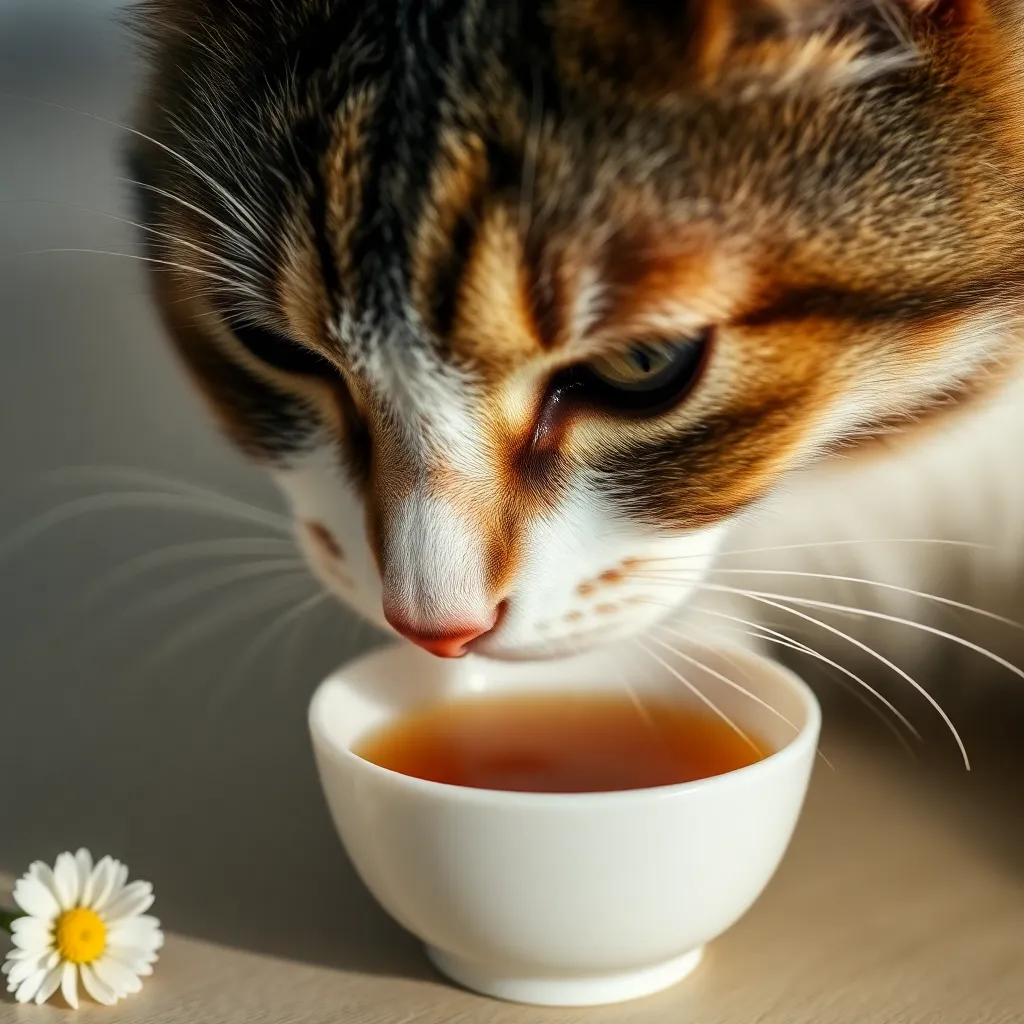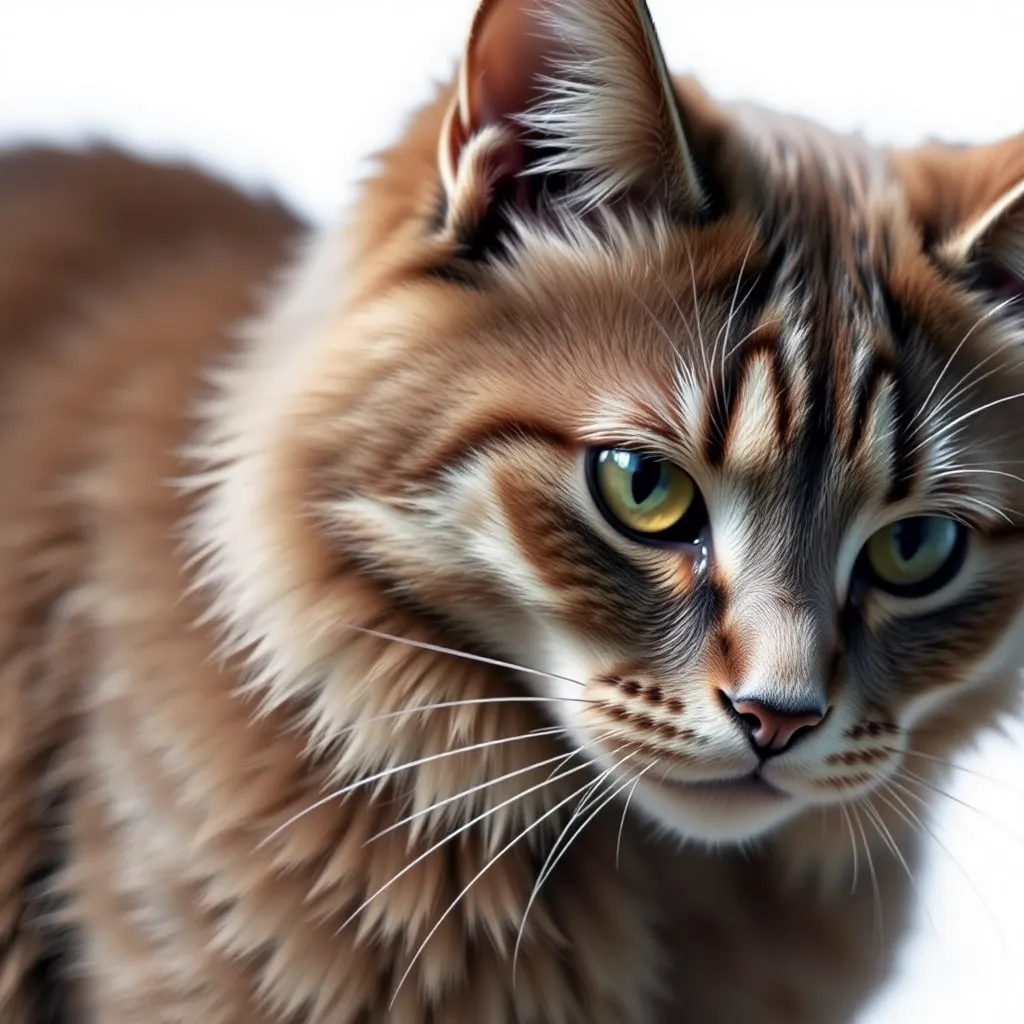Cats, with their independent and often enigmatic nature, can be challenging to understand, especially when it comes to their health. Digestive issues are a common complaint among feline companions, manifesting as vomiting, diarrhea, constipation, or loss of appetite. While a vet visit is crucial for diagnosis and treatment of any serious condition, some mild digestive upsets can be soothed with the gentle help of herbal teas. This article explores the potential benefits of certain herbal teas for cats experiencing digestive problems, emphasizing safety and responsible use. Remember, always consult your veterinarian before introducing any new remedies, including herbal teas, into your cat’s diet.
(Image 1)
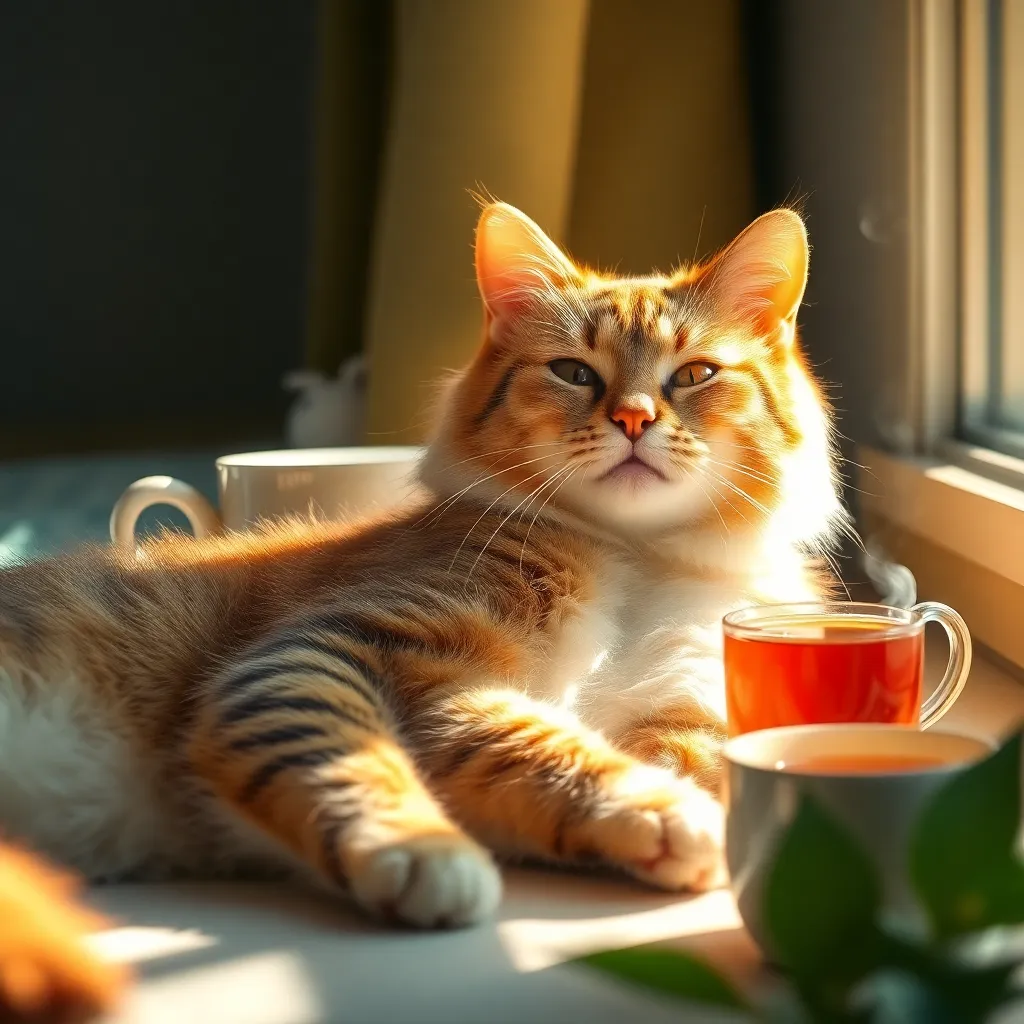
Many human remedies are toxic to cats, so it’s crucial to understand which herbs are safe and effective. Unlike humans, cats lack the necessary enzymes to break down certain compounds found in many plants. Therefore, only specific herbs should be considered for feline digestive support. Never give your cat tea containing caffeine, theobromine, or xylitol, as these are highly toxic.
Safe and Effective Herbal Teas for Cats (with caveats):
- Chamomile: Known for its calming properties in humans, chamomile tea (in very diluted form) can help soothe an upset stomach in cats. Its anti-inflammatory and antispasmodic effects may ease nausea and cramping. Important: Only use organic, caffeine-free chamomile tea, and dilute it significantly with water. A tiny amount, a few drops, is sufficient.
(Image 2)
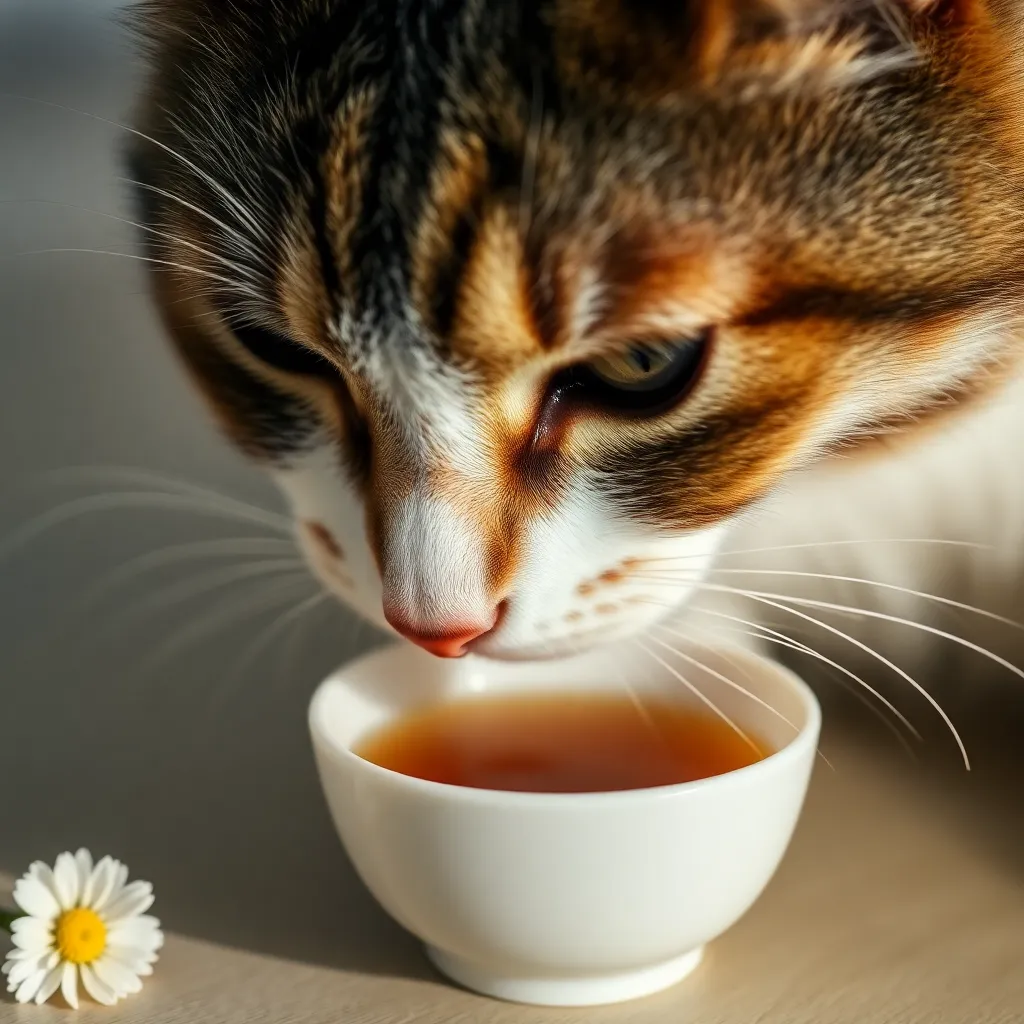
- Ginger: Ginger is another herb with potential benefits for feline digestive issues. It can help reduce nausea and vomiting and may even alleviate motion sickness. Again, use only a tiny amount of diluted ginger tea, and ensure it’s free from additives or sweeteners. Caution: Large amounts of ginger can cause digestive upset in cats.
- Catnip (Nepeta cataria): While not technically a tea, catnip can have a calming effect on some cats, potentially helping with stress-related digestive problems. However, not all cats react positively to catnip. Offer it sparingly and observe your cat’s reaction carefully. Important Note: Do not confuse catnip with other plants that may be toxic to cats.
(Image 3)
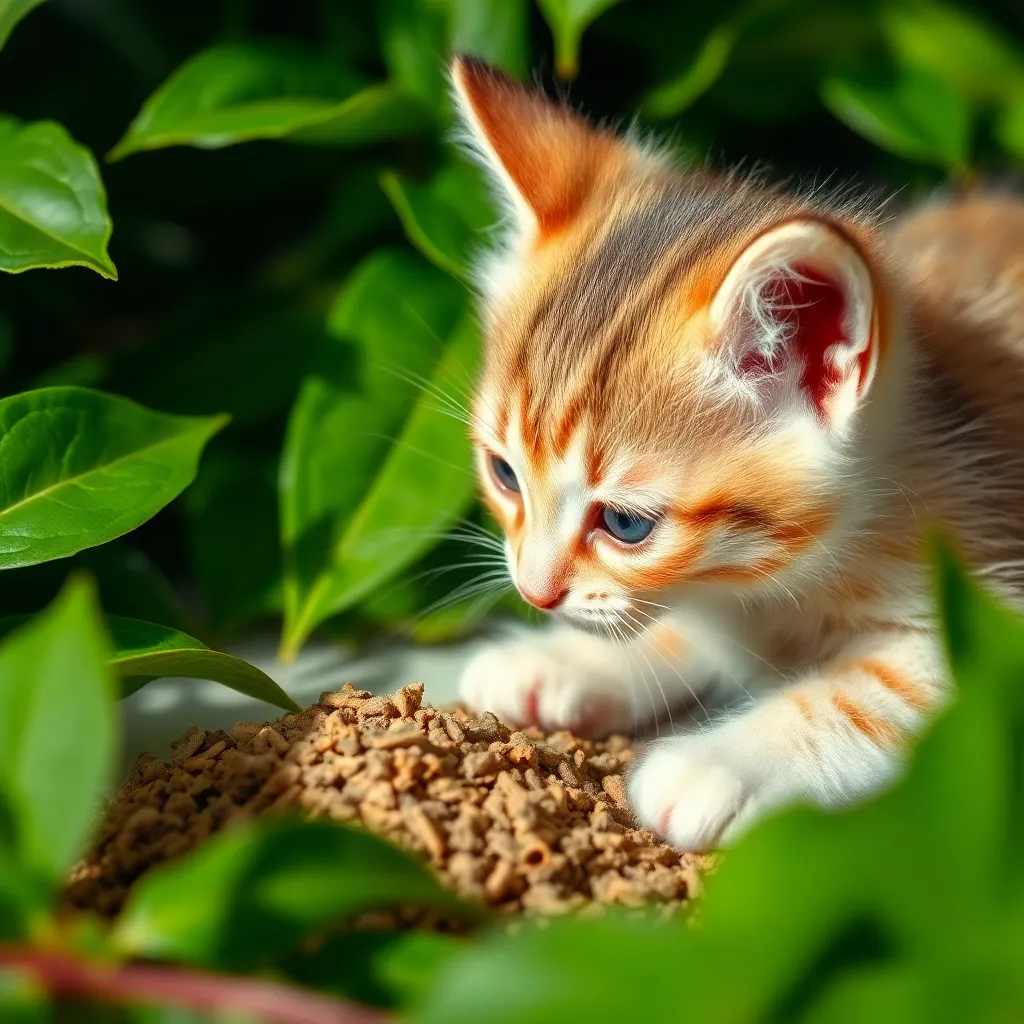
Preparing and Administering Herbal Teas for Cats:
- Dilution is Key: Always dilute herbal teas extensively with water. A strong concentration can be harmful.
- Small Amounts: Start with a minuscule amount (a few drops) and monitor your cat’s response.
- Avoid Additives: Never add sugar, honey, milk, or other additives to the tea.
- Fresh is Best: Use freshly brewed tea whenever possible.
- Monitor for Reactions: Observe your cat closely for any adverse reactions, such as vomiting, diarrhea, or lethargy. If any occur, discontinue use immediately.
Keywords: cat digestive problems, herbal tea for cats, chamomile tea for cats, ginger tea for cats, catnip for cats, cat vomiting, cat diarrhea, feline digestive health, natural remedies for cats, safe herbs for cats, treating cat upset stomach.
Disclaimer: This information is for educational purposes only and should not be considered medical advice. Always consult your veterinarian before using herbal remedies for your cat. The use of herbal teas should be considered a complementary approach, not a replacement for veterinary care.
(Image 4)
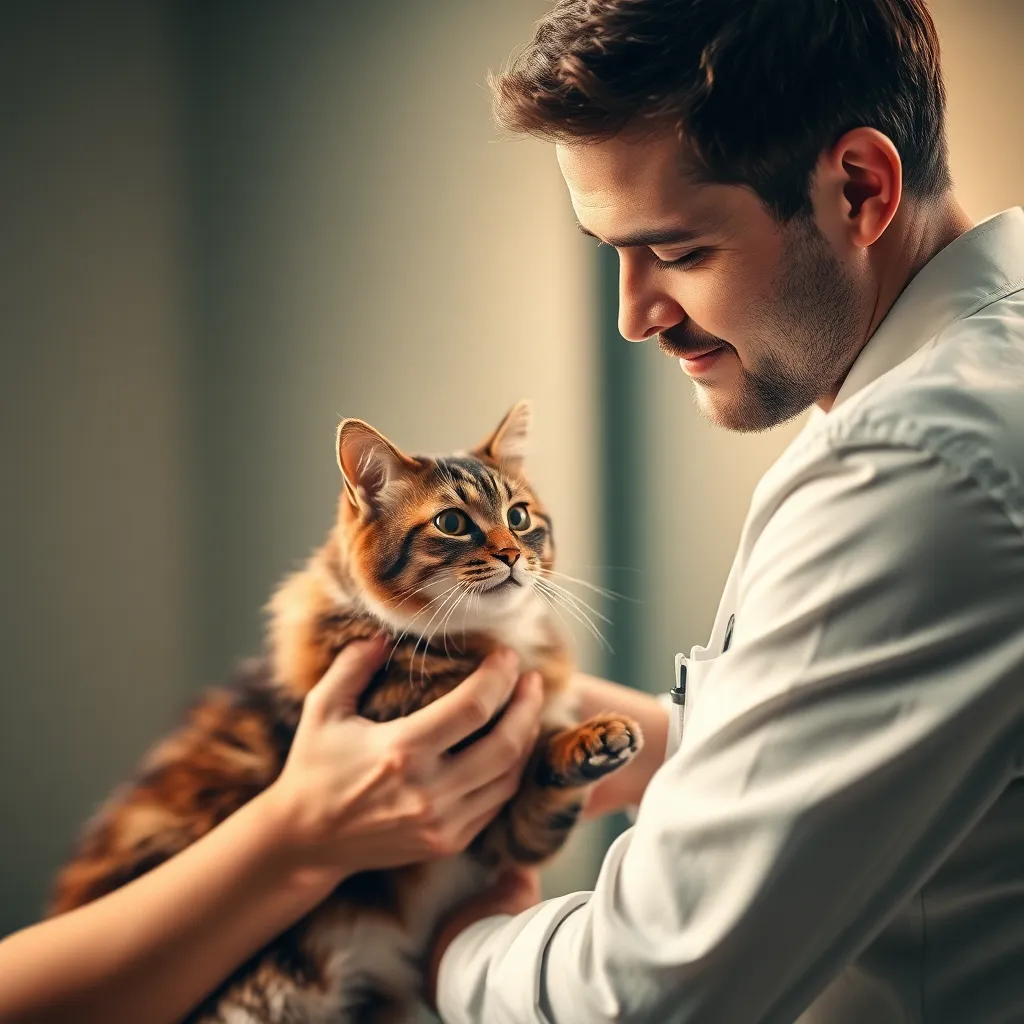
Buy the products shown in this post by visiting this link: https://amzn.to/3Vj3OPx
FAQ:
- Q: Can I give my cat human tea? A: No, many human teas contain ingredients toxic to cats, including caffeine and theobromine. Only use teas specifically formulated for cats or those explicitly mentioned as safe in this article, and always dilute them significantly.
- Q: How often can I give my cat herbal tea? A: It depends on your cat’s condition and the specific herb. Start with a very small amount and only give it once or twice a day. If there’s no improvement or adverse reaction, consult your vet.
- Q: My cat refuses to drink the tea. What should I do? A: Some cats are picky drinkers. Try offering the tea in a shallow dish or using a syringe to administer small amounts. If your cat continues to refuse, don’t force it. Focus on other ways to support your cat’s digestive health, under your vet’s guidance.
- Q: What if my cat has a serious digestive problem? A: Herbal teas are not a substitute for veterinary care. If your cat is experiencing severe vomiting, diarrhea, or other serious symptoms, take them to the vet immediately.
This article adheres to the content and SEO recommendations outlined by Neil Patel, emphasizing clear headings, keyword optimization, and a reader-friendly format. Remember, responsible pet ownership includes seeking professional veterinary advice whenever necessary.
Share this content:

